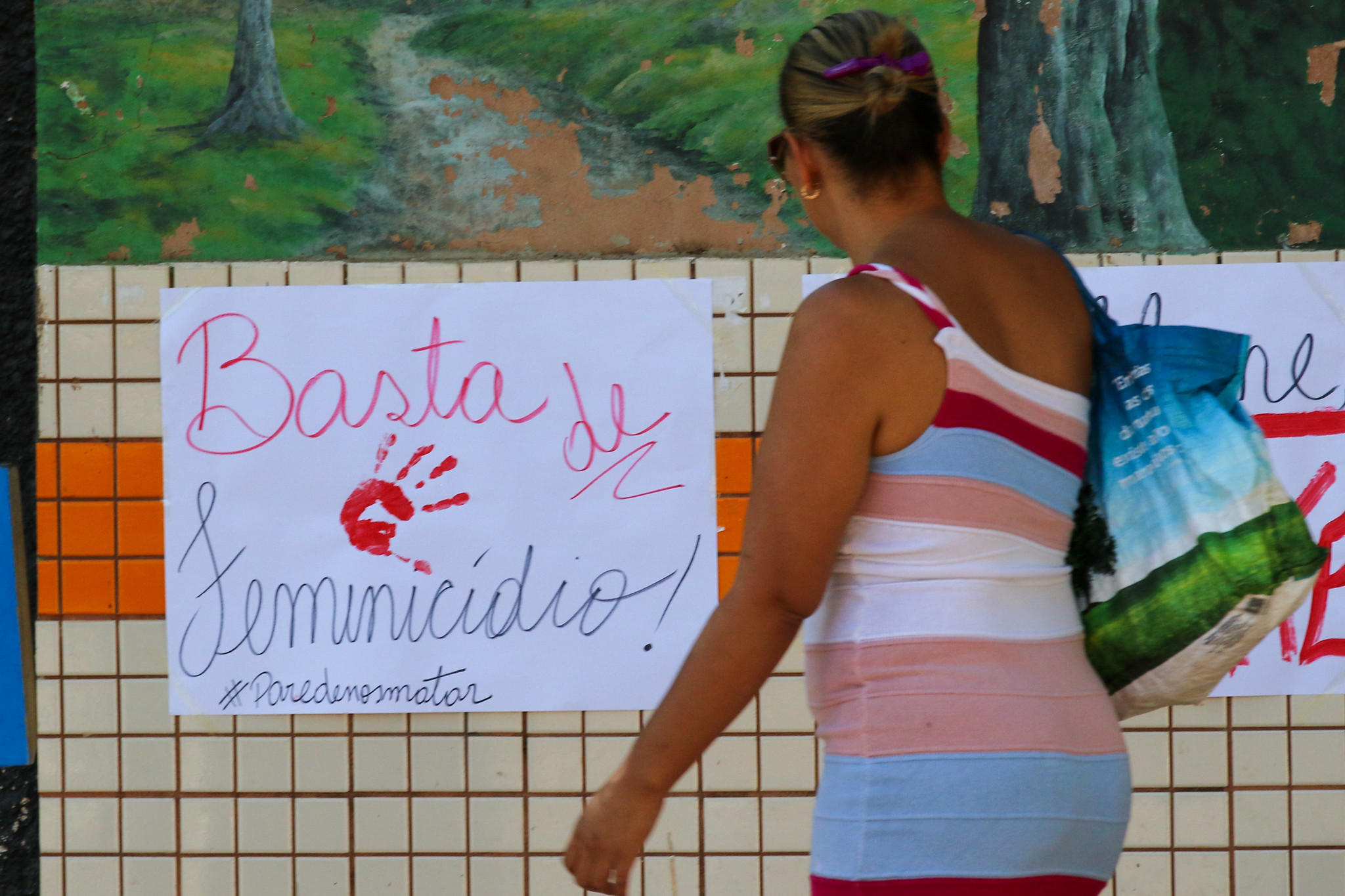Rio Grande do Norte is the third state in Brazil with the highest number of women who claim to have requested protective measures to ensure their own safety. According to a survey conducted by DataSenado, presented by the National Comparison of Violence against Women, 381% of women in Rio Grande do Norte have requested, at some point, measures to ensure protection against aggressors.
Women from Rio Grande do Norte are also among those who have suffered the most domestic or family violence. This type of violation is common to 29% of women in the state, which places RN in second place in the Northeast in this indicator. In addition, psychological violence is reported by 89% of the complainants.
Cases of violence, when they occur within the home, often occur in actions that restrict freedom and autonomy and reduce the possibility of reporting the crime. Therefore, awareness and community action are key elements in combating violence against women.
This was the idea that inspired the Purple August campaign throughout Brazil. With the theme “Zero Feminicide – No violence against women should be tolerated”, several organizations and institutions, professionals and agents of society mobilized educational activities and the dissemination of information about the rights of this group.
The Santos Dumont Institute (ISD), a social organization in Macaíba that is a reference in providing support to women in situations of violence, is one of the institutions participating in this campaign. The ISD's social worker preceptor, Alexandra Lima, analyzes the violence data, seeing challenges that still need to be overcome.
“Although legislation has evolved in recent years, we still have a long way to go before women understand that they can count on services in various areas and feel safe enough to break the cycle of domestic and family violence,” says the professional.
The ISD social worker highlights the opening of new specialized police stations, with the possibility of virtual access, the improvement of reporting channels for requests for protective measures and obtaining useful information (such as Dial 180) as important steps towards improving the scenario of integrity and protection for women.
An example of how to strengthen and ensure care for women in situations of violence are the strategies of confrontation and awareness campaigns, as they mobilize several professionals in training care. “The idea is not to give up on continuing the search for improvements in the network that serves and supports women in contexts of violence”, emphasizes Alexandra.
In the context of awareness and support, it is important to emphasize that this is a type of care that is not limited to the clinical and outpatient environment: addressing situations of violence against women is everyone's duty.
“A woman who is in a context of violence is also part of a family and a community, which must be imbued with a sense of empathy so that it is possible to provide the support and assistance that this woman needs. Society must participate in caring for its own, with a view to guaranteeing life and the full exercise of her condition as a citizen”, Alexandra points out.
Learn how to seek help
Ligue 180 is a free service that operates 24 hours a day, 24 hours a day, including Saturdays, Sundays and holidays. The channel receives reports of violations against women, forwards reports to the appropriate authorities and monitors the progress of the cases.
For information, reception and service, look for the Social Assistance Reference Center (CRAS), the Specialized Social Assistance Reference Center (CREAS) or the Women's Assistance Reference Center (CRAM) and the Specialized Women's Assistance Police Stations (DEAM) in your municipality or metropolitan region.
In cases of emergencies and urgent matters, call 190.
ABOUT ISD
The Santos Dumont Institute is a Social Organization linked to the Ministry of Education (MEC) and includes the Edmond and Lily Safra International Neuroscience Institute and the Anita Garibaldi Health Education and Research Center, both in Macaíba. ISD's mission is to promote education for life, forming citizens through integrated teaching, research and extension actions, in addition to contributing to a fairer and more humane transformation of Brazilian social reality.













